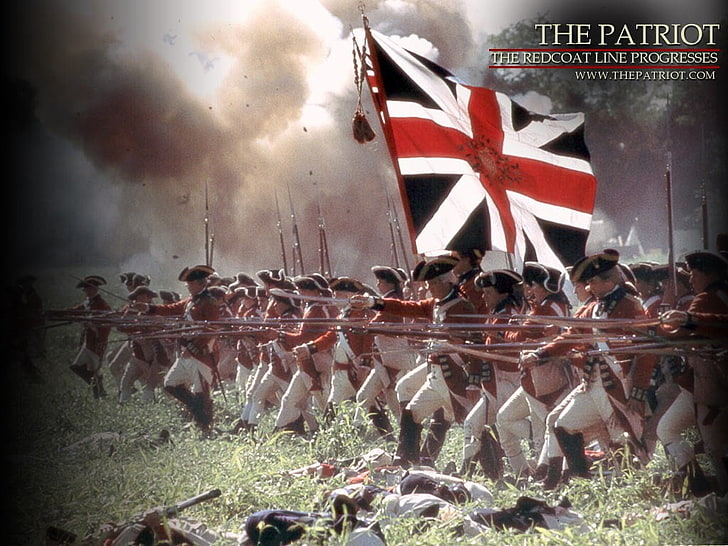

Yes, there were elements of Hollywood happiness in the film (the beach town, he workers attitudes, the romances) and Hollywood sadness' in the film (the massacre, the child's death), but it was very entertaining. Ignoring the historical accuracies or lack thereof (and btw, Braveheart was not 100% accurate either, though the main characters, Wallace, Robert the Bruce, King Edward, did all exist, but again, I don't seem to recall people complaining so loudly about that) I found Mel's character to be believable and well portrayed. Militia, being less well trained and thus disciplined, does have a tendency to fight very poorly in set piece battles (check current and past arguments for keeping a 'standing' 'professional' army). Many of the soldiers don't want to be there. The americans did, as a general rule, fight using more guerilla tactics (especially early on, the american forces were composed largely of more militia than regulars, see below for comments on militia), check the accounts of the battle of Concord, and what happened to the British forces as they withdrew. I'll have to check on that.) The colonies typically did form their own militias for local use. Indentured servants, I think yes (though the difference is slight, I grant you), but actual slavery, hmm. (I am not even certain that slavery was allowed in Britain at the time. Were slaves that served in either army freed after a certain term of service? Again, I don't know. Many people, especially the lower classes, and slaves could not read.ĭid Cornwallis have a pair of great danes that were 'captured' by the enemy? I doubt it, but possibly. Maybe, maybe not, but it certainly was dramatic, wasn't it? Fact: Literacy was not as common at that time as it is today. Were churches actually burned with a town's population inside. The tavern recruitment scene suggests this quite well. According to Massachusetts history, the Revolutionary forces (not necessarily the armed forces even) were, um, not kind to people who sympathized with the British. Of course, this wasn't only limited to the British forces. That's actual history, not just entertainment history. Don't believe me? Check out the history of what happened to the original signers of the Declaration of Independence, their families and their properties. Fact: There were in fact many atrocities committed by the British forces, rapes, property burning, etc. Many Americans served with the British forces. How about some facts? Fact: Americans fought against themselves during the war. Yet most war films seem to be battle after battle after battle, with no real respite except for the wounded. Certainly some battles went on for days at a time, but there is a lot of waiting and a lot of marching. For example, most wars are not constant fighting. Even if they did, I expect the film to be untrue so I can be entertained. Certainly, I enjoy films better when they seem to be a reasonably accurate portrayal of a time (costumes, technologies), but I don't carp about whether some person existed. I often wonder if such films as Treasure of the Sierra Madre, or Rio Grande, or just about any western flick was judged so harshly when it came out as we judge 'historical' pictures today? Or any pirate film? Zorro? Any film with knights in it? It seems to me that unless you are making a documentary, the historical accuracy doesn't truly matter in detail. Martin and Tavington did not actually exist, they are merely characters, possibly based (as has been suggested) on actual historical figures. All such films come with a disclaimer saying something to the effect that the characters portrayed aren't real and the story is just that, a story. However, in this case, I feel I must point out a few things. I admit that I have done so in a few cases myself (Thin Red Line). Whenever I see a film that is supposed to have historical basis, I am always a bit surprised to find out how much people complain about historical inaccuracies.


 0 kommentar(er)
0 kommentar(er)
